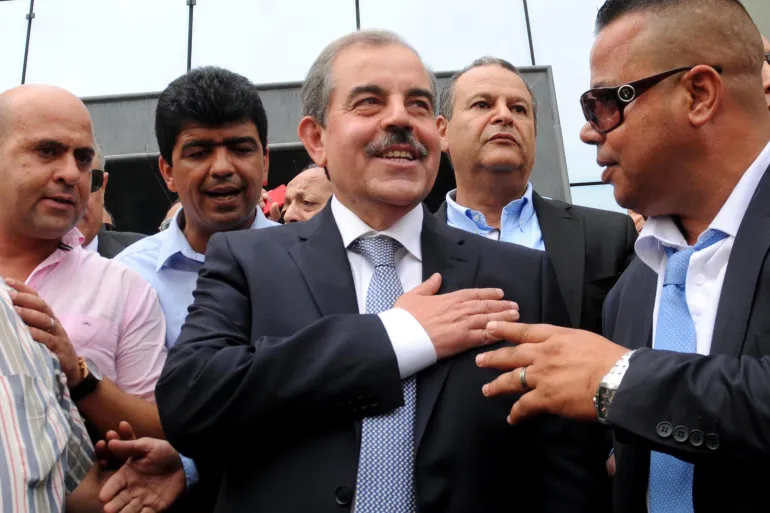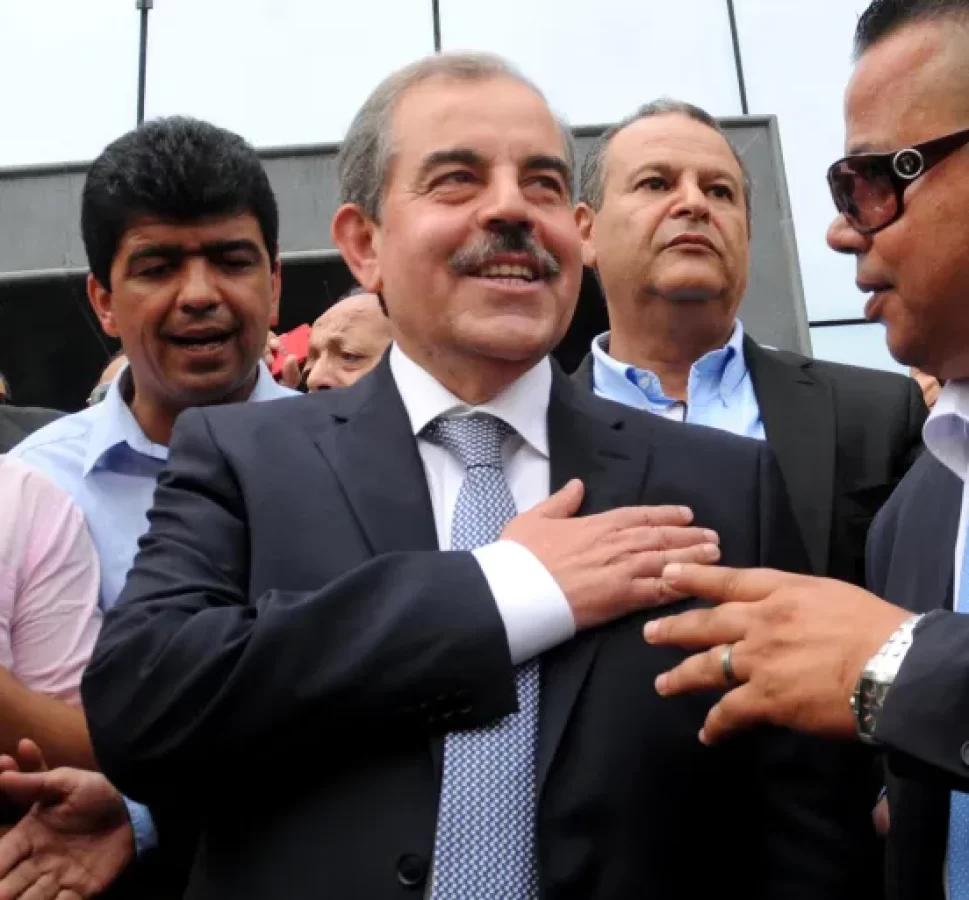
Decision could restore momentum to race for October election, toughening the contest for President Kais Saied.
A court in Tunisia has upheld an appeal by former minister Mondher Znaidi, allowing him to stand in the October 6 presidential election.
The Tunisian Administrative Court said on Thursday that it had decided to accept Znaidi’s appeal, overturning the decision of the Independent Higher Election Authority (ISIE), which had barred the politician from standing owing to insufficient ballot signatures.
The decision adds Znaidi to a list of legally accepted opposition candidates that also includes Abdelattif Mekki, Ayachi Zammel and Zouhair Maghzaoui. The court had returned Mekki to the race on Tuesday, his candidacy having also been rejected by the ISIE.
The ISIE, which barred 14 people from standing for president, is expected to announce a final list of candidates next week.
The court’s decision to allow Znaidi to run could restore momentum to the election race, toughening the contest for President Kais Saied.
Saied was democratically elected in 2019 but orchestrated a sweeping power grab in 2021 and is now seeking a second presidential term. A number of his political opponents and critics are currently in jail or are being prosecuted.
Znaidi has held numerous government jobs, including the minister of public health, transport and commerce and secretary of state for trade and industry.
He served under President Zine El Abidine Ben Ali, who was ousted in the 2011 uprisings. Znaidi has presented his experience as an asset for debt-stricken Tunisia. He is said to be counting on those angry with Saied’s rule over the past five years to win votes.
Experts consider him a significant contender with an ability to win votes from the main opposition parties, including Ennahdha, which was the largest party in Tunisia’s parliament before Saied dissolved the chamber in July 2021.
‘Arbitrary restrictions’
Saied said last year that he “would not hand over the country to nonpatriots”.
Tunisian opposition parties, politicians and human rights groups have accused the president of using “arbitrary restrictions” and intimidation to help ensure his re-election.
They have said the electoral commission is not neutral and is seeking to eliminate all serious competitors to pave the way for the incumbent’s victory. The commission has denied the accusations.
Last week, Human Rights Watch (HRW) said Tunisian authorities “have prosecuted, convicted or imprisoned at least eight prospective candidates” for October’s vote.
The North African country under Saied was “gearing up for a presidential election amid increased repression of dissent and free speech without crucial checks and balances” on the president’s power, HRW added.
On Thursday, the Administrative Court also said it rejected an appeal by Abir Moussi, a jailed would-be candidate and a staunch critic of Saied.






